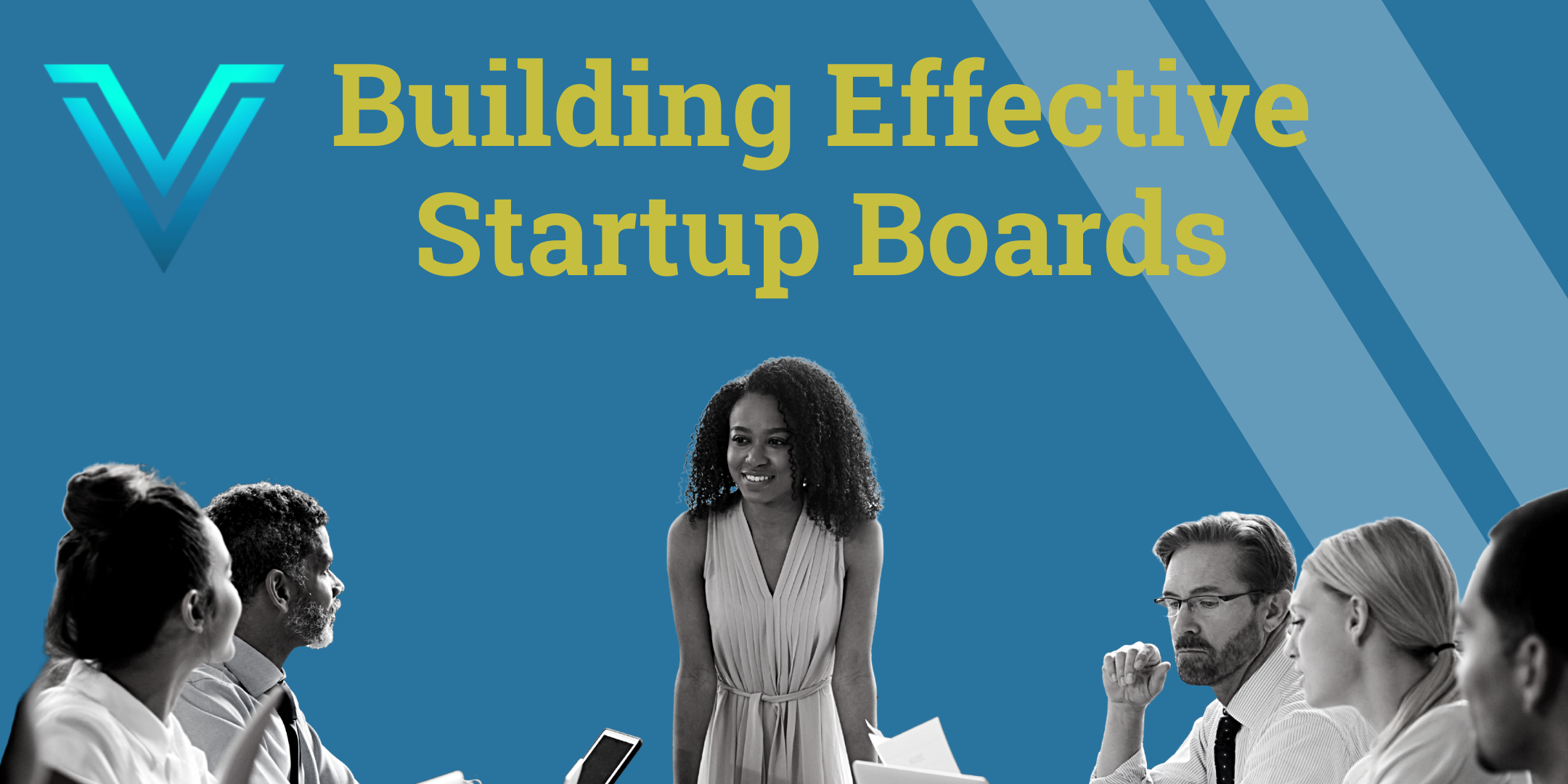
Building Effective Startup Boards
Is your startup board meeting moving your business forward or blocking it?
All the pomp and circumstance of “Fortune 500” board best practices at a startup? That's a warning sign.Founder-controlled startup boards are different from mature-company boards. Startup boards should be as different from mature-company boards as a startup is different from a mature company. After 25 years of startup-board experience with successes such as Lancope (acquired by Cisco), Relatient (acquired by PE firm) and InTouchHealth (acquired by Teladoc), I’ve learned what it takes for startups to build and utilize a great board. Startups deserve a board that is able to extend the reach of management and accelerate a startup, rather than acting like a best-practices “speed bump” to provide proper oversight and governance.
Great startup boards prioritize their time on strategic objectives necessary for success. But what about proper governance? At founder-controlled startups, management “is the shareholder,” not just an “agent” for the shareholders with conflicting interests between maximizing their own personal wealth and maximizing shareholder value.
KEY POINT: The best way for a founder to maximize their wealth is virtually always driven by maximizing the shareholder value of their startup. No so-called “agency problem” exists.
Startup boards must be routine and short or they are a big time waster for a startup.
- Only form a board when necessary and appropriate, like when you take capital from a VC
- Put 9-12 months of board meetings on the calendar with an agenda
- Develop a board deck that is the same format for every meeting
- Add data to the deck each meeting to provide trended performance data over time
- Get the deck out 2+ days before the board meeting to train the board to come prepared
- Fast track your board meeting to the important, strategic matters:
- Do not present basic performance information like P&L and KPIs. Instead, provide them in advance and only open the floor to Q&A on it at the board meeting
- That’s right--you read that accurately. Do not “go over” your numbers. Provide them in advance, and take Q&A on it only. Board members will quickly learn to read in advance
- Strategic objectives that are proving difficult and need critical thinking and creative ideas?
- Dwell on these at your startup board meetings. These should constitute a majority of the time spent in startup board meetings.
- Prior agenda items should be limited to necessary board business like approving recent-hire option grants or Q&A on performance and KPIs. These should take less than 30 minutes at most meetings.
Once founders of a startup start to run effective startup board meetings, often they encounter another issue--the people on the board. Did you populate your board to be effective at what a startup needs for success? Do they have the experience, perspective, and relationships that bring real value in helping to overcome the barriers to the success of a startup? Or did you populate your board with directors just to get their money, not based upon what you need?
A great startup board of directors cannot make a startup great, but a bad board can kill a startup.
A great board cannot make a company great, as only founders/management can do that. Instead, a great board accelerates a company. Sometimes a great board profoundly accelerates a startup by having the relationships to access the c-suite of very large potential customers and channel partners, bringing proven talent to scale fast and efficiently, and to drive good terms on subsequent financings from dozens of VCs, PE firms, and strategics with whom they have long-standing relationships.If your startup is successful, a great board will be really valuable. Filling even just one position on the board with the wrong person can create an ineffective board.
What to learn more about building a great board? Join me in Valor’s workshop on board building.
--Gary Peat, General Partner